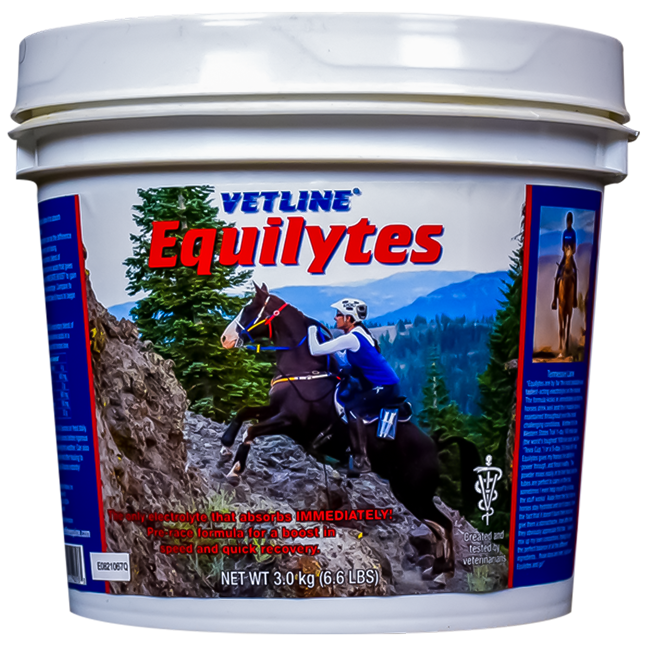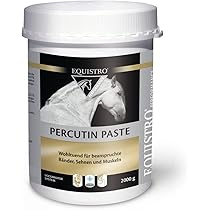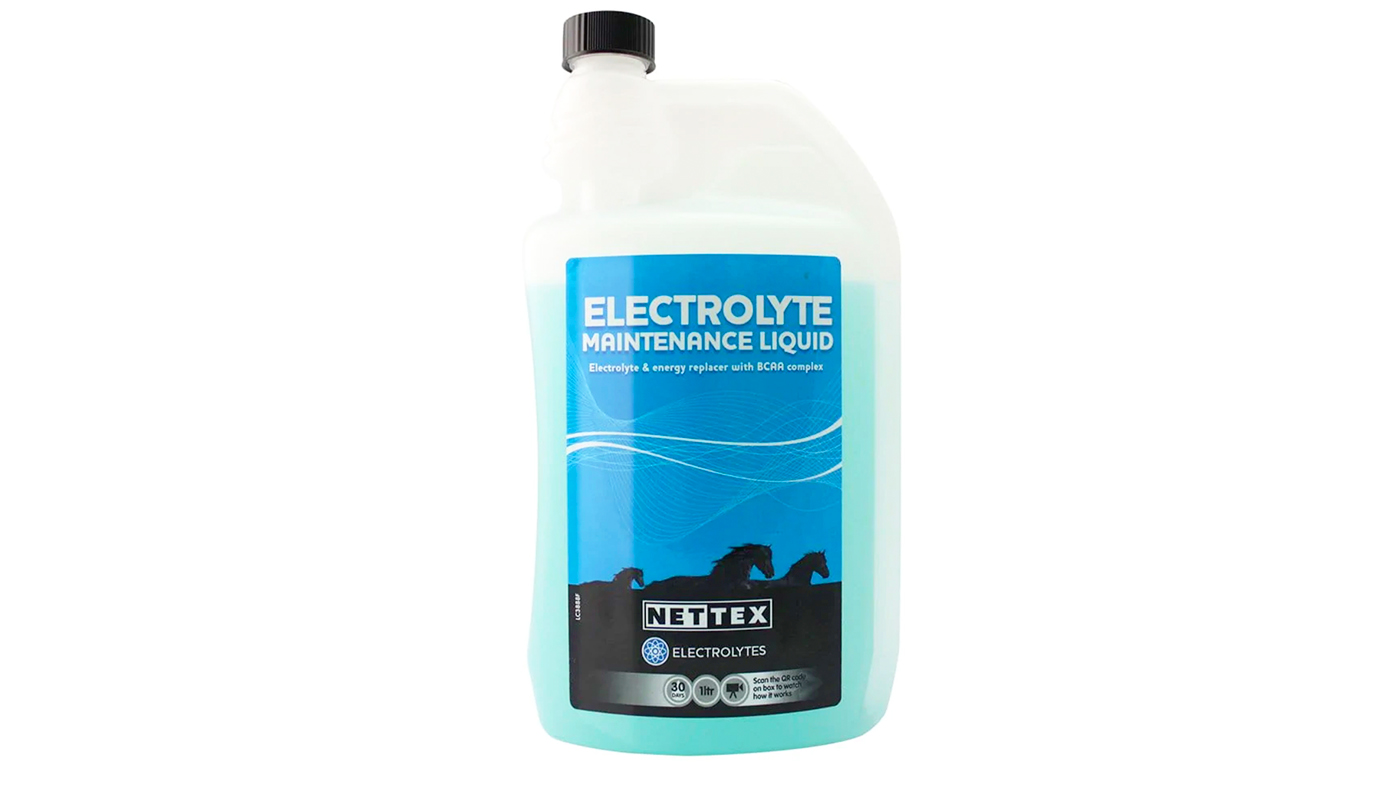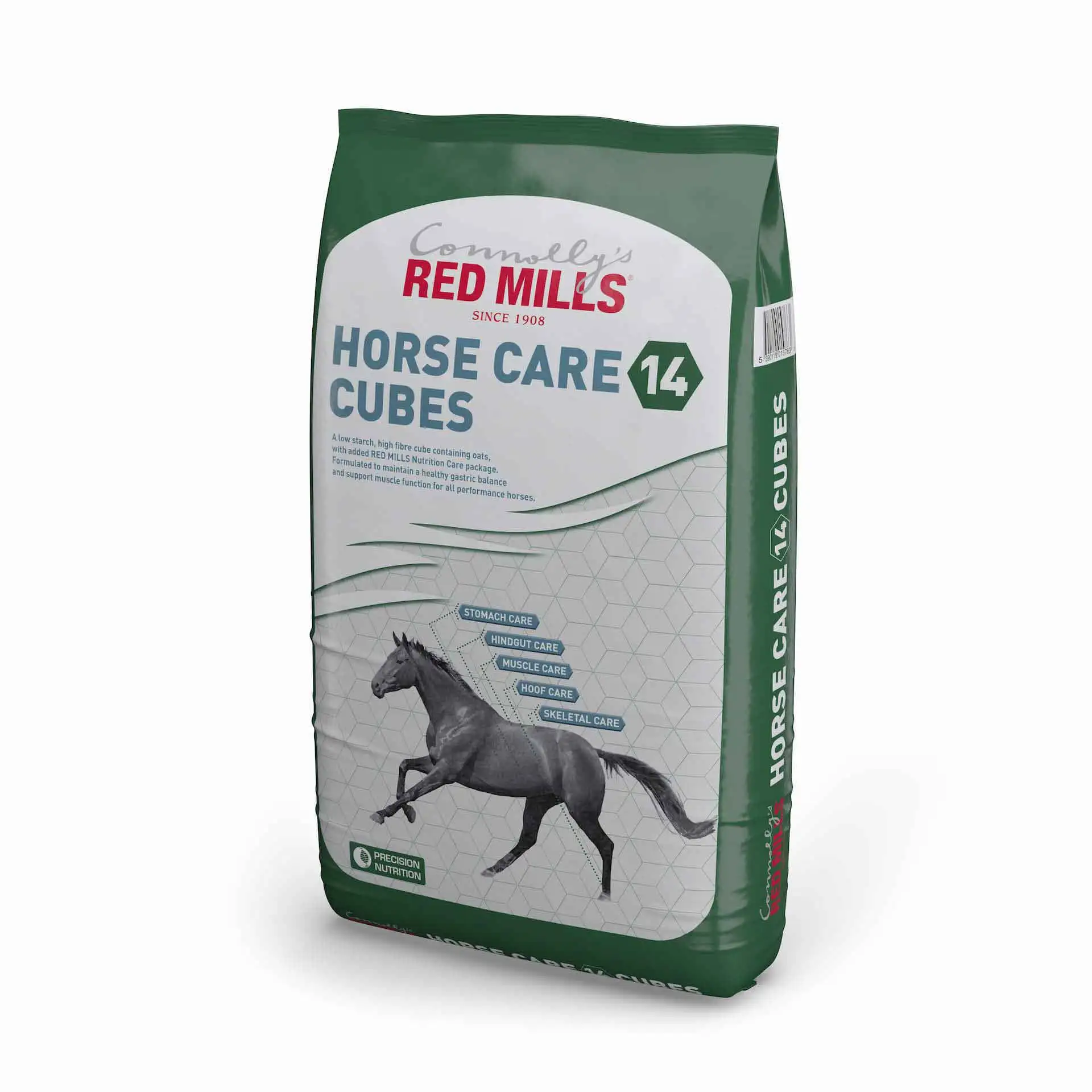Electrolyte Balance: Beyond Just Salt Licks for Your Horse

Maintaining proper electrolyte balance is crucial for your horse’s health, performance, and overall well-being. While salt licks are a common and simple way to provide sodium, electrolytes encompass a broader range of minerals essential for various physiological functions. This article explores the importance of electrolyte balance, common sources, signs of imbalance, and practical feeding strategies.
What Are Electrolytes and Why Are They Important?

Electrolytes are minerals that carry an electric charge and are vital for many bodily functions, including nerve signal transmission, muscle contraction, hydration, and pH balance. The primary electrolytes in horses include:
| Electrolyte | Role in the Body |
|---|---|
| Sodium (Na) | Regulates fluid balance and nerve function |
| Potassium (K) | Supports muscle function and heart rhythm |
| Chloride (Cl) | Maintains acid-base balance and hydration |
| Calcium (Ca) | Essential for muscle contractions and bone health |
| Magnesium (Mg) | Involved in enzyme function and muscle relaxation |
Beyond Salt Licks: Sources of Electrolytes

While salt licks primarily provide sodium and chloride, horses require a balanced intake of all electrolytes. Sources include:
- Electrolyte supplements: Formulated powders or liquids added to feed or water.
- Forage and feed: Fresh pasture and certain feeds contain natural electrolytes.
- Salt blocks: Provide sodium and chloride but limited other minerals.
Signs of Electrolyte Imbalance
Recognizing electrolyte imbalance early can prevent serious health issues. Common signs include:
- Excessive sweating or dehydration
- Muscle weakness or cramping
- Lethargy or poor performance
- Irregular heartbeat
- Loss of appetite
Practical Tips for Maintaining Electrolyte Balance
- Monitor your horse’s workload and environment: Hot weather and intense exercise increase electrolyte loss.
- Provide free access to clean water: Hydration is key to maintaining electrolyte balance.
- Use balanced electrolyte supplements: Especially during heavy sweating periods.
- Observe your horse’s behavior: Changes in appetite or energy may indicate imbalance.
FAQ
Q: Can I rely solely on salt licks for my horse’s electrolyte needs?
A: No, salt licks mainly provide sodium and chloride. Horses need a balanced intake of multiple electrolytes, especially during heavy exercise or heat.
Q: How often should I give electrolyte supplements?
A: Frequency depends on your horse’s activity level, climate, and diet. Consult with a veterinarian for personalized advice.
Q: Are there risks to over-supplementing electrolytes?
A: Yes, excessive electrolyte intake can cause imbalances and health issues. Always follow recommended dosages.
Maintaining electrolyte balance goes far beyond just offering salt licks. By understanding the roles of different electrolytes and providing a balanced diet and supplements when necessary, you can support your horse’s health and performance effectively.
